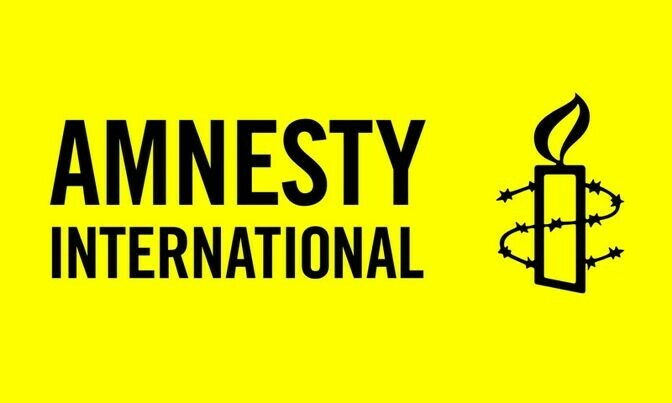
[ad_1]

Pakistan is due for its second review by the UN Human Rights Committee in Geneva on October 17 and 18 “as human rights violations and abuses remain rampant”, Amnesty International said on Wednesday.
The review comes under the International Covenant on Civil and Political Rights (ICCPR), to which the country is a state party, the rights organisation said in a statement.
“Pakistan’s review comes at a crucial time for the country, as human rights violations and abuses remain rampant,” said Babu Ram Pant, Amnesty’s Deputy Regional Director for South Asia.
“Two blasphemy-related extrajudicial executions by the police, crackdown on protests, enactment of the restrictive Peaceful Assembly and Public Order Act 2024, arbitrary detention and mass arrests of opposition workers and leaders, ban on the Pashtun Tahaffuz Movement (PTM), and harassment of human rights defenders like Mahrang Baloch — have all been reported in past month alone.
“The review presents an opportunity for the Pakistani government to take stock of the state of human rights in the country and implement concrete measures to address the human rights concerns raised during the review.”
Ban on PTM
On October 6, the government imposed a ban on the PTM, citing threats to national peace and security.
The PTM was declared “unlawful” under Section 11B of the Anti-Terrorism Act of 1997, according to the Associated Press of Pakistan. A notification issued by the interior ministry mentioned that the PTM posed a “significant danger” to public order and safety in the country, and was being added to the First Schedule of ATA as a proscribed organisation.
However, on Oct 10, the federal government agreed, in principle, to lift the ban, with some caveats.
Sources said that since a certain procedure has to be followed for lifting the ban, it was decided that the notification of the ban would be, for the time being, ‘held in abeyance’.
The sources said it was also agreed that the ‘proscribed’ PTM would be allowed to hold its scheduled Pashtoon Qaumi Jirga on Oct 11.
Following the ban, Amnesty had on Oct 8 called on Pakistani authorities to revoke the ban on the PTM, calling it “an affront on the rights to freedom of association and peaceful assembly in the country.”
Extrajudicial killings
Last month, Amnesty had also called for a “thorough, impartial and independent” probe into the recent two killings of blasphemy suspects in Sindh and Balochistan by policemen.
On September 12, police constable Saad Khan Sarhadi gunned down a blasphemy suspect, Abdul Ali, inside the lockup of the Cantt Police Station in Quetta.
A week later, Umerkot-based doctor Shah Nawaz Kunhbar was shot dead by police in an ‘encounter’ in Mirpurkhas. When the body was handed over to his family, they were pursued by zealots who snatched the corpse and set it on fire.
Mahrang Baloch harassment
On Saturday, Baloch rights activist Dr Mahrang Baloch was booked in a terrorism case over allegedly inciting people by levelling “allegations against security institutions”.
The FIR alleged that Baloch was involved in activities carried out by various militant groups, naming nine such groups, including the Balochistan Liberation Army (BLA).
“The innocent men and women of Balochistan have been misled in the failed anti-state conspiracies,” it said.
Dr Mahrang termed the case “fabricated”, saying it showed “how the state has grown increasingly uncomfortable” with her activism.
Earlier on October 8, immigration authorities at Karachi’s Jinnah International Airport had barred her from boarding a flight to New York, where she was scheduled to attend a Time magazine function. The Baloch Yakjehti Committee leader was featured in Time magazine’s ‘2024 Time100 Next’ list for “advocating peacefully for Baloch rights”.
On Monday, the Sindh High Court restrained police from arresting or harassing Dr Mahrang. She filed two petitions, through her counsel Jibran Nasir, seeking the quashing of an FIR registered against her and for initiating an inquiry against certain police officers for allegedly assaulting her and her companions, snatching her mobile phone and passport within the remit of the Airport police station.
A two-judge bench headed by Justice Salahuddin Panhwar restrained the police from taking any coercive action against the petitioner as a consequence of the FIR registered against her.
[ad_2]
Source link






